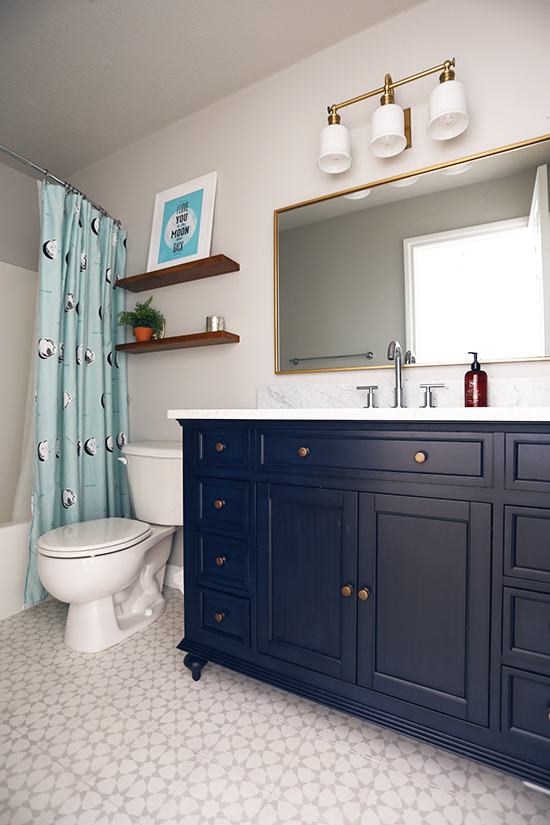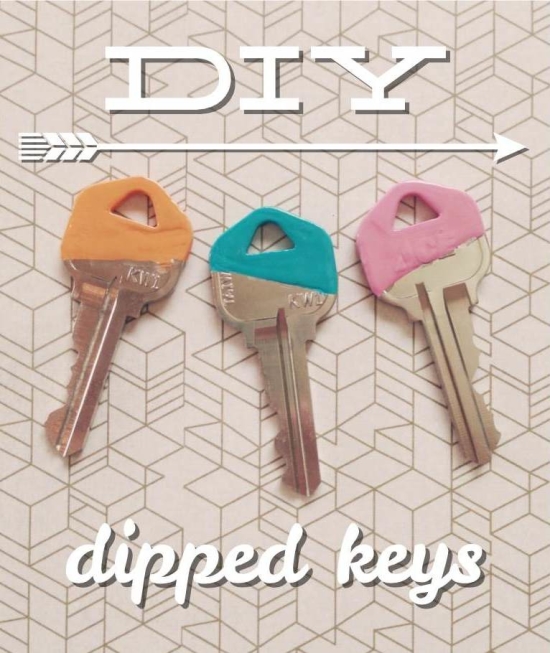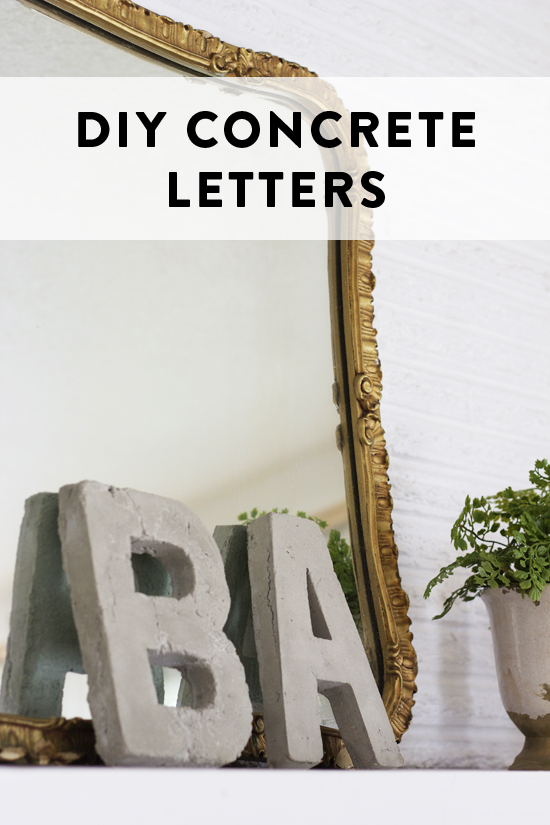22
This is a collaborative post. All opinions are my own.
To DIY or to hire out? It's a question that every homeowner runs into, and the answer is often not clear. Many homeowners start down the path of DIY home improvement for one major reason: money. Hiring skilled contractors and specialists is expensive, as anyone who has gotten a quote for a house project quickly realizes. You may be great at shopping sales and finding deals on Craigslist, but there's not much you can do to reduce the cost of labor. And labor is often more than half the cost of a project. Sometimes, it's unavoidable. We just replaced our water heater and it wasn't something we wanted to risk doing ourselves. But sometimes, being willing to invest a bit of time in improving your DIY skills can pay off big time. And hey, you might enjoy the work and it could turn into an extra source of income down the road. You'll never know what your niche may be until you take a chance on trying something.
Why DIY?
When you run into a problem you need to fix or an improvement you'd like to make, it’s easy to reach for the phone and dial the first builder or repair specialist that you find. This is usually the simplest way to get something done, but tackling it on your own may be a better option. There's the money-saving aspect, of course. But there are other benefits too. You'll gain some valuable expertise, you'll be able to carry out your exact vision without risk of miscommunication, you can work on your own schedule instead of waiting for a contractor to be available, you'll be motivated to do a high quality job as opposed to an outsider who might rush to earn a payday, and you'll have the satisfaction of seeing your own hard work come to fruition. And the money you save isn't just a one-time thing. For instance, if you master tiling in one room, then every time you have a tile project, you won't have to outsource the labor. That can save you money again and again, which you can use for better quality materials and tools, or simply keep in the bank. That said, there are certain projects that may NOT be worth attempting yourself. If a project would require expensive tools that you won't have a continuing use for, if messing up could be disastrous or dangerous, if you're simply not interested in learning this particular skill, if DIY would take way longer than hiring a professional, or if doing the work would be a stress on your marriage...those are all good reasons to suck it up and pay the cost of hiring a professional. No matter what, I think it's worth getting quotes, looking up tutorials for how to do it yourself, then weighing the two options. To DIY or to hire? The "right" answer will be different for every project, and every person.
Do Your Research
If you’re a complete novice when it comes to DIY house projects, do some research online and find a format of instruction that works for your learning style. Step-by-step guides and how-to videos can be found in abundance on the internet. If you have questions, visit some forums to get extra advice that's specific to your project, and connect other DIY enthusiasts.
Utilize Local Expertise
When you head out to buy materials, take the opportunity to ask employees in the store if you have any questions regarding your project. You can usually ask for advice for anything from laying tiles and flooring to building your own shed from scratch, so just head to the right section and get chatting!
Attend a Workshop
A good way to really build your skills is to look for workshops near you. Ranging from woodwork to upholstery, to plumbing and painting, these are a great way to learn the basics with the help of a vetted industry expert. They can also be a great place to meet other like minded individuals. Even very niche workshops are available, and they're a great way for kinetic learners to get the opportunity to practice in a guided environment.
Get Professionally Qualified
If your passion and confidence grew after attending a few workshops and you want to get more serious, you might consider getting a professional qualification. Not only could this lead to future employment or a lucrative side hustle, but it will give you some recognition for all your hard work and dedication. Many colleges provide courses in practical fields, which will allow you to learn more and be tested and scored. And if your life is too busy to attend physical classes, you can still gain an associate of arts online.
Open Your Own Business
If you're ready to take your passion and skills beyond your own home, consider opening a business and earning some profit from your hard work. It takes a lot of hard work and dedication to run your own company, but it can also be extremely rewarding and fulfilling to be your own boss. Consider a few key questions: who are your current competitors? What rate are you looking to earn? Would you like to work independently or employ other staff? and so forth. Making a plan will be key to your success.
Pass it On
If you've reached some level of mastery, think about how you can pass that knowledge on to other budding DIY enthusiasts. Maybe you'll run your own workshop, or teach a course at your local college. Maybe you'll hire an employee who is excited to learn from you. Or you can do a skill swap with an expert in another field. For example, a painter might offer to paint the home of a web designer, in exchange for the creation of a professional website.
DIY is something you can take as far as you want. You can simply use it to save some money on your own house projects, or you can turn it into a career if you so choose. You'll never know unless you start.









This is a nice article about diy.
Wall Curtains
I think we can always gain a lot of fun fron DIY. So I prefer to do DIY house renovation.